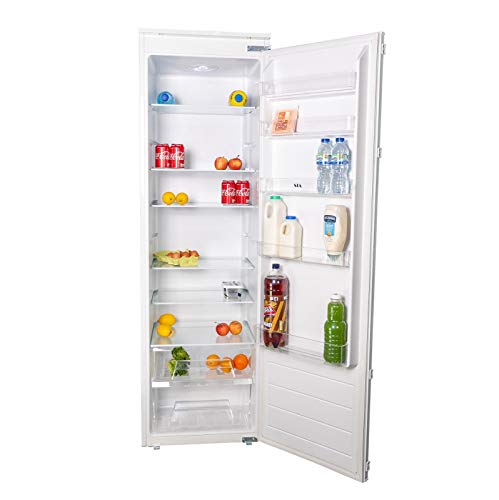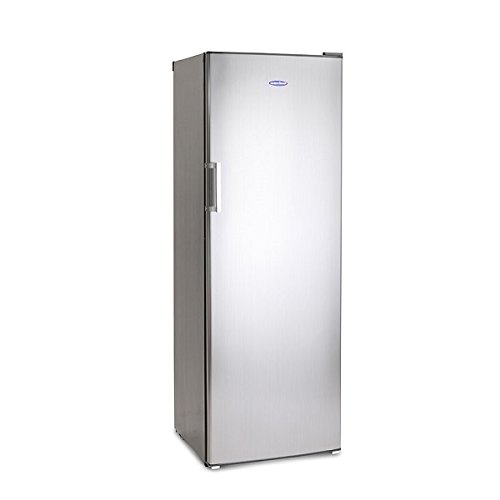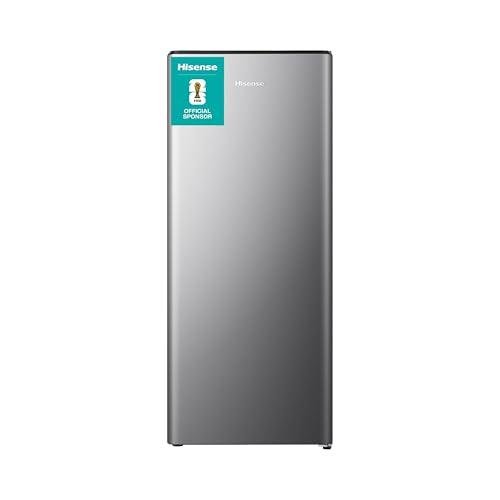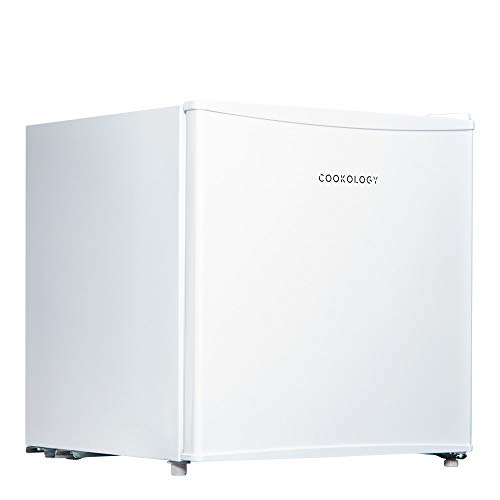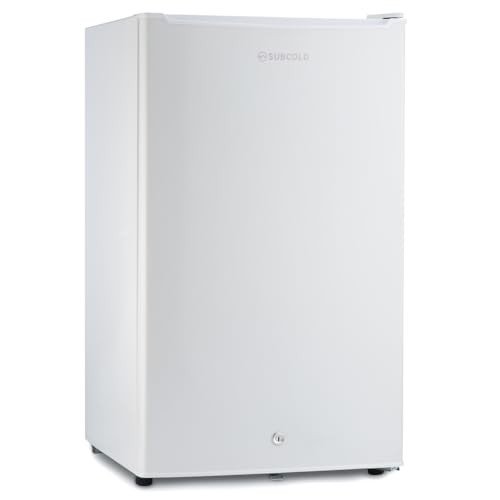Looking for a fridge that fits your lifestyle? You’ve come to the right place! Our collection has everything from sleek designs to roomy interiors, so you can find the perfect fridge to keep your food fresh and organized.
Fridges
Keep Your Foods Fresh with Our Quality Fridges and Freezers for Your Home
Product List
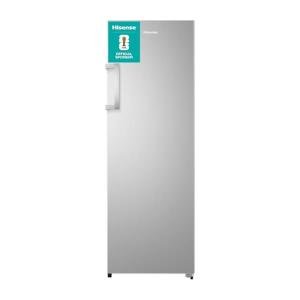
Hisense Freestanding Grey Fridge
Hisense
Product Review Score
4.18 out of 5 stars
207 reviews$576.99
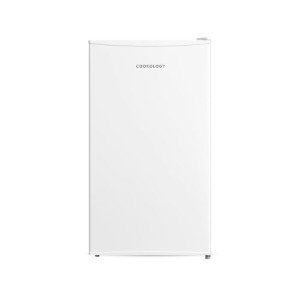
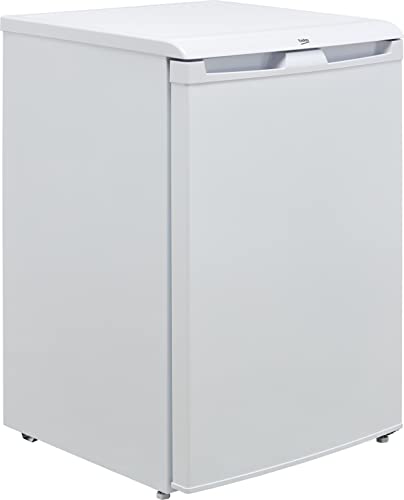
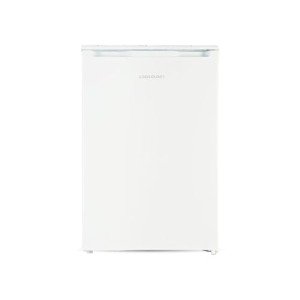
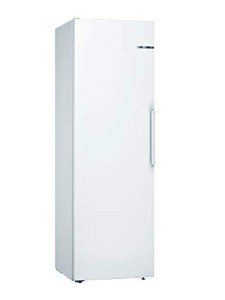
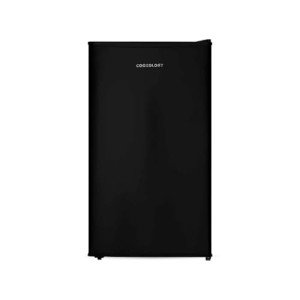
Cookology 80L Under Counter Fridge
Cookology
Product Review Score
4.62 out of 5 stars
22 reviews$188.28
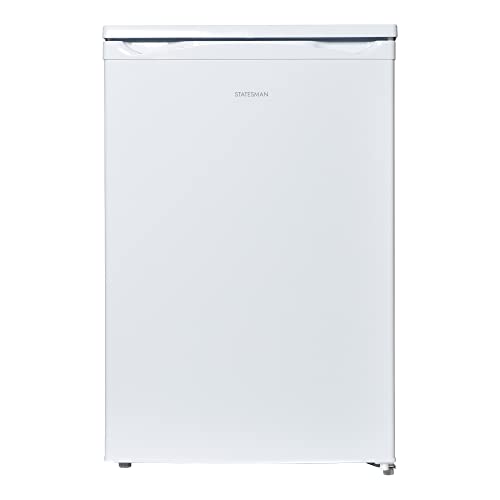
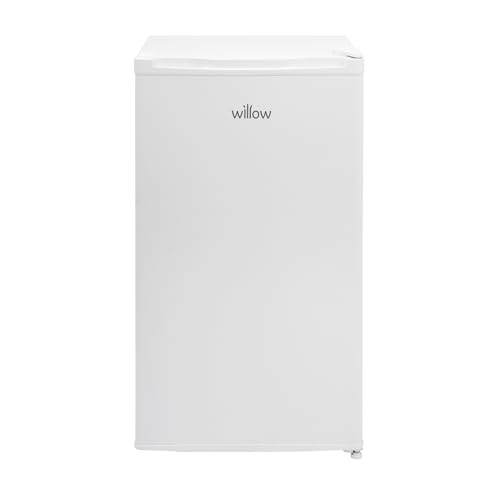

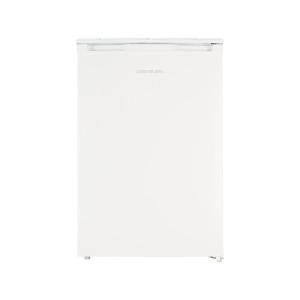
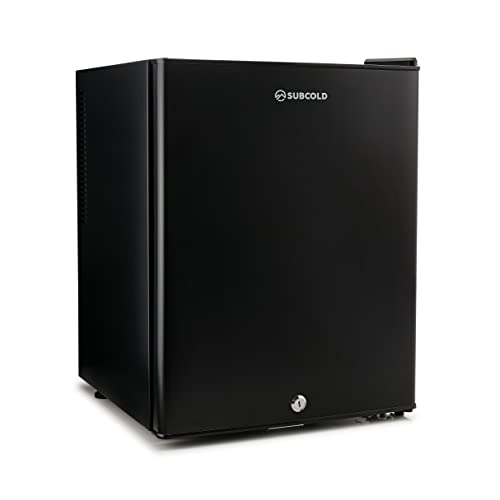
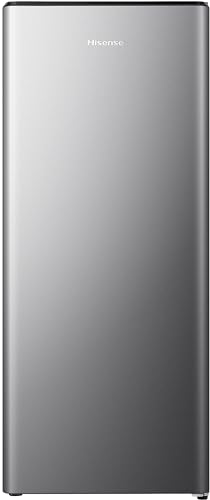
Refrigerators are an essential appliance in modern households and commercial kitchens. They not only keep our food fresh but also play a significant role in food safety, wastage reduction, and convenience. From the early iceboxes of the 19th century to the energy-efficient models of today, refrigerators have undergone remarkable changes in technology and design. This blog post explores the evolution of fridges, their significance in daily life, and what to consider when choosing the right refrigerator for your needs.
A Brief History of Refrigeration
The journey of refrigeration began with the creation of iceboxes in the early 1800s. These primitive cooling devices relied on large blocks of ice to keep food cold. With the advent of mechanical refrigeration in the late 19th century, the domestic fridge was born.
Table 1: Key Milestones in Refrigerator Development
| Year | Milestone | Description |
|---|---|---|
| 1800 | Icebox Introduction | Early box-like structures that used ice for cooling. |
| 1834 | First Mechanical Refrigerator | Jacob Perkins built the first mechanical fridge. |
| 1927 | Frigidaire Launch | First self-contained refrigerator for home use. |
| 1950s | Introduction of Frost-Free Models | Improved convenience with automatic defrosting. |
| 2000s | Energy-Efficient Models | Development of eco-friendly refrigerants and designs. |
The Science Behind Refrigeration
Refrigerators use thermodynamics to transfer heat from the inside of the appliance to the outside environment, thus keeping the interior cool. The basic components include:
- Compressor: Pumps refrigerant gas, increasing pressure and temperature.
- Condenser Coils: Release heat from the refrigerant, allowing it to return to a liquid state.
- Expansion Valve: Reduces the pressure of the refrigerant, turning it back into a gas.
- Evaporator Coils: Absorb heat from the inside of the fridge, cooling the interior.
This cycle is repeated continuously, ensuring that food remains fresh for weeks.
Importance of Refrigerators in Daily Life
Refrigerators are crucial for numerous reasons, impacting lifestyle, health, and the environment.
1. Food Safety
- Refrigeration slows down bacterial growth, significantly reducing the risk of foodborne illnesses. Items like meat, dairy, and leftovers must be stored below 40°F (4°C) to maintain freshness.
2. Reduced Food Wastage
- With refrigeration, uneaten food can be stored for longer periods, preventing spoilage and waste. In fact, studies suggest that effective cooling can reduce food waste by up to 50%.
3. Convenience
- Refrigerators allow for bulk shopping and meal prepping, providing the convenience of having fresh ingredients on hand.
4. Energy Efficiency
- Modern refrigerators are designed to be energy-efficient, helping consumers reduce their energy bills. Look for ENERGY STAR-rated models for optimal performance.
Types of Refrigerators
When choosing a refrigerator, understanding different types can help consumers make informed decisions. Here’s a list of common refrigerator styles:
Table 2: Types of Refrigerators
| Type | Features | Pros | Cons |
|---|---|---|---|
| Top-Freezer | Freezer on top, fridge below | Affordable, traditional design | Limited freezer space |
| Bottom-Freezer | Freezer at the bottom, fridge on top | Easier access to fresh food | More expensive than top-freezer models |
| Side-by-Side | Vertical freezer and fridge compartments | Easy access; wide storage options | Limited width for large items |
| French Door | Wide fridge doors, bottom freezer | Stylish design, large capacity | Higher price point |
| Compact/ Mini | Small size, ideal for limited spaces | Portable, great for dorms/office | Limited storage space |
Key Features to Consider
When selecting a refrigerator, consider the following features:
1. Size and Capacity
- Measure your kitchen space and consider the amount of food storage needed for your household.
2. Energy Efficiency
- Look for models that are ENERGY STAR certified to save on energy costs.
3. Cooling Technology
- Options such as dual cooling systems and varying temperature zones can extend the life of fresh produce.
4. Special Features
- Ice makers, water dispensers, adjustable shelves, and smart technology are popular additions that enhance functionality.
5. Style and Design
- Choose a style and color that complements your kitchen décor.
Maintenance Tips for Your Refrigerator
Proper maintenance extends the lifespan of a refrigerator and ensures it operates efficiently. Here are some tips:
- Regular Cleaning: Wipe down surfaces and shelves to avoid bacteria buildup.
- Temperature Checks: Keep the fridge at 37°F (3°C) and the freezer at 0°F (-18°C).
- Coil Cleaning: Clean condenser coils every six months to enhance performance.
- Check Seals: Ensure door seals are intact to prevent cool air loss.
- Defrost Regularly: For non-frost-free models, manual defrosting is essential for efficient operation.
Frequently Asked Questions (FAQ)
Q: How often should I clean my refrigerator?
A: It is recommended to clean both the interior and exterior at least once a month and to deep clean the coils every six months.
Q: What temperature should a refrigerator be set to?
A: The ideal temperature for a refrigerator is 37°F (3°C) and for the freezer, it's 0°F (-18°C).
Q: How long can food last in the refrigerator?
A: Generally, most perishables can last 3-7 days in the refrigerator, but specific items (like milk or eggs) may have different spoilage timelines.
Q: Can I repair my refrigerator myself?
A: While some minor issues can be fixed at home, it's best to consult a professional for significant repairs to avoid voiding warranties or causing further damage.
Refrigerators have become an integral part of our lives, evolving from simple iceboxes to sophisticated appliances that enhance food safety and convenience. When purchasing a refrigerator, understanding the different types, features, and maintenance requirements is essential for selecting the best model that suits your needs. As technology continues to advance, the future of refrigerators promises even greater efficiency and innovation, ultimately benefiting consumers and the environment alike.
